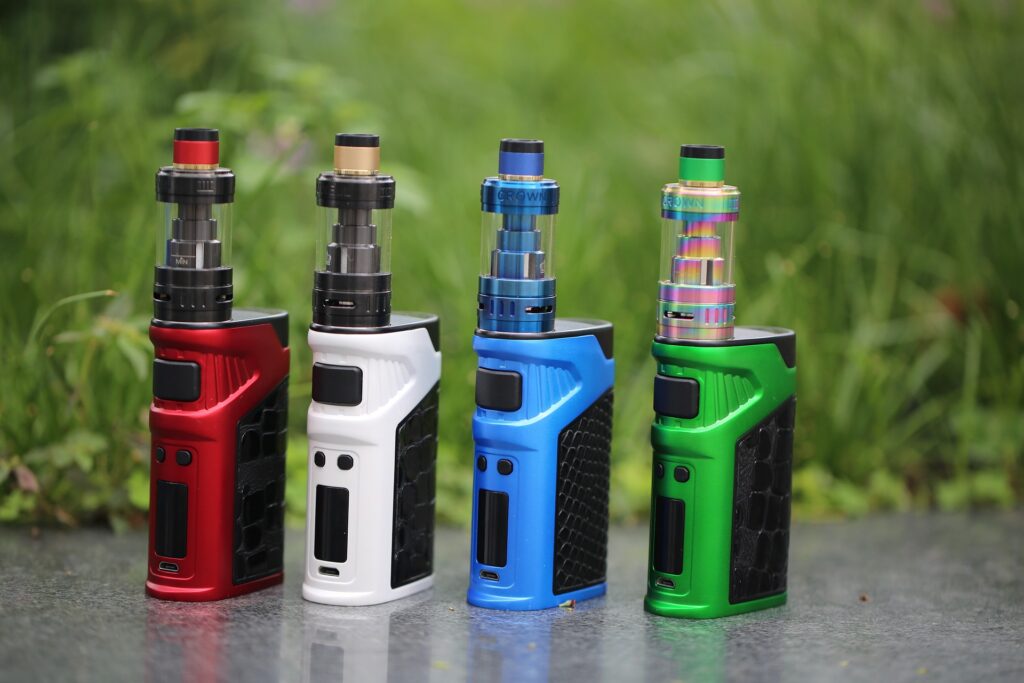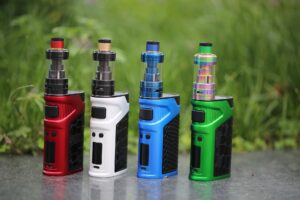In preparation for the passing of the Tobacco and Vapes Bill, the government has launched a call for evidence covering areas where it does not feel it has sufficient information to immediately draft regulations that will put the law into effect.
The Bill will give powers to introduce more regulations on vapes and the sale of nicotine and tobacco products. This consultation comes as the Tobacco and Vapes Bill committee stage sittings in the House of Lords have been scheduled for the end of this month, and early November, bringing the law closer to receiving Royal Assent.
The call for evidence covers:
- Vape and nicotine flavours and ingredients: this includes questions on substances that are used to create flavours, whether they could potentially contain dangerous heavy metals and also whether the current maximum nicotine limit of 20 milligrams per millilitre permitted in e-liquids should be amended.
- Vapes: Questions are specifically asked about any evidence about whether device size or shape influences young people to buy them, as well as the impact of tank sizes, the use of digital screens and whether vapes should have a child safety mechanism.
- Heated tobacco devices: As these are currently not subject to many restrictions the government said it is seeking evidence on “to ensure that the appeal of their appearance is not a factor that causes people to consume tobacco”. The government said there is no safe level to consume tobacco and when heated it is highly addictive due to its nicotine content.
- The Bill provides powers for ministers in England, Wales and Northern Ireland to establish a licensing scheme in their respective nations for the retail sale of: tobacco products; herbal smoking products, cigarette papers; vapes and nicotine products. The government is now seeking evidence on the practical implementation of this.
- Updating product registration in relation to vapes, nicotine products and tobacco related devices: currently the government said it is difficult for retailers to be sure they are selling compliant products, and there are newer products that do not need notification at the moment.
Responses to the call for evidence are to be completed online. The call for evidence is open for 8 weeks and will end on 3 December 2025.
Responding to the government’s call for evidence, James Lowman, chief executive of the Association of Convenience Stores, expressed concerns about the proposed licensing scheme fearing it: “could result in responsible retailers of a wide range of products and services being subjected to more administrative burdens on, or prevented from operating, just because of their location. We are clear that the object of a new licencing scheme should be to clamp down on rogue sellers and the billions lost through illicit sales every year, but this must not come at the expense of legitimate businesses.”
Meanwhile, Hazel Cheeseman, chief executive of Action on Smoking and Health (ASH), reportedly praised the proposals as a potentially transformative step toward a smoke-free generation and reducing youth access to harmful products.
Separately, the government will consult in the coming months on proposed regulations covering:
- smoke-free, vape-free and heated tobacco-free places
- rules on the display of products
- restrictions to elements of devices such as branding and colour
- the packaging of tobacco products
- the packaging of vape and nicotine products
These are areas where the government said it considered there was enough evidence to progress straight to a consultation.
Ecl-ips supports schools to tackle the challenge of young people vaping by offering Halo Smart Sensors. If you want to know more about these devices please get in touch.



